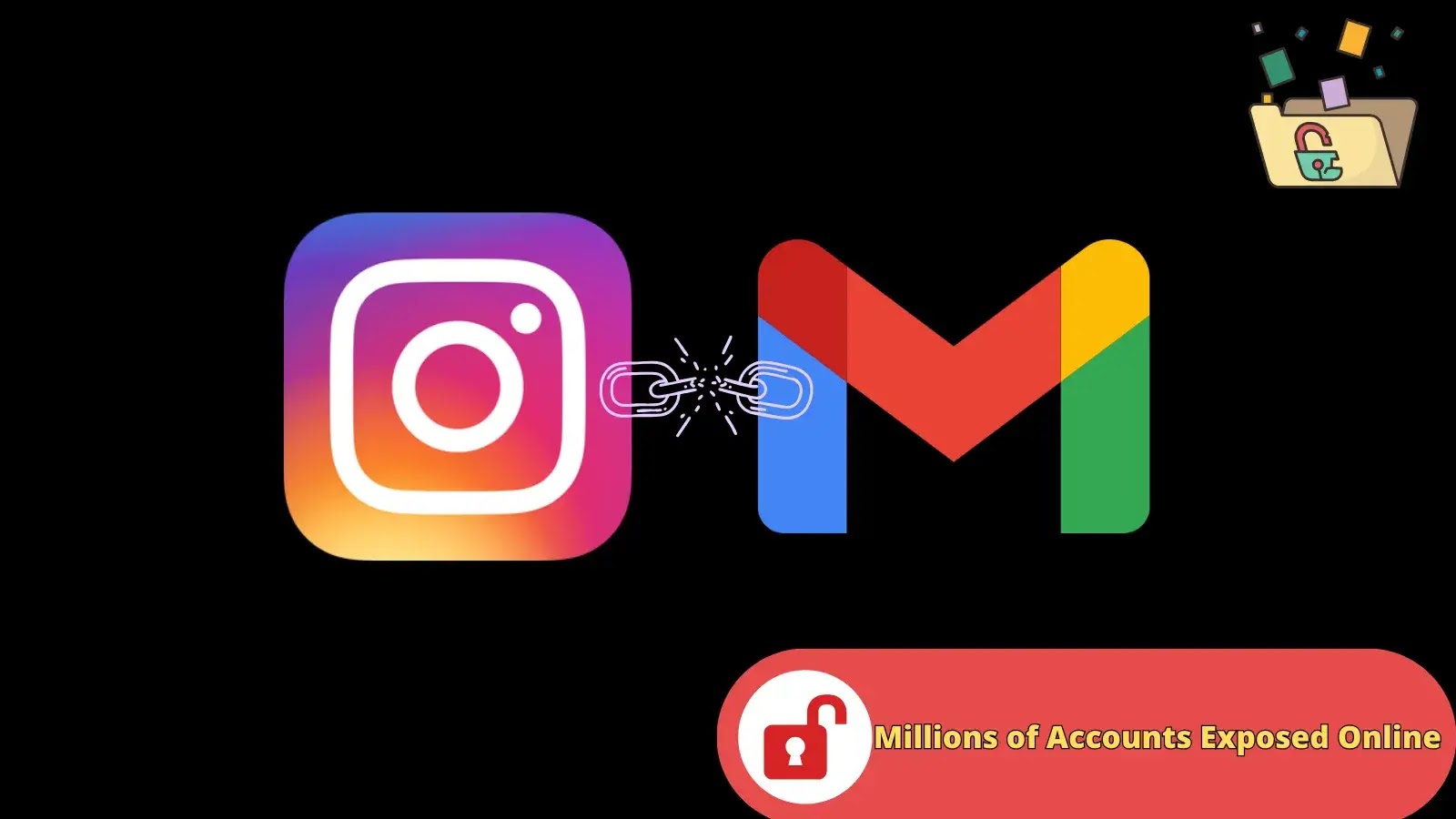On September 17, 2025, Google issued a critical security update for its Chrome web browser, addressing four vulnerabilities, notably the actively exploited zero-day flaw identified as CVE-2025-10585. This particular vulnerability is a type confusion issue within the V8 JavaScript and WebAssembly engine, which, if exploited, can lead to arbitrary code execution and potential system crashes.
Understanding Type Confusion Vulnerabilities
Type confusion vulnerabilities occur when a program misinterprets the type of an object, leading to unpredictable behavior. In the context of Chrome’s V8 engine, such flaws can be particularly dangerous, allowing attackers to execute arbitrary code, compromise user data, and destabilize systems.
Discovery and Reporting
The flaw was identified and reported by Google’s Threat Analysis Group (TAG) on September 16, 2025. TAG is renowned for its proactive approach in identifying and mitigating security threats, often uncovering vulnerabilities before they can be widely exploited.
Details of the Exploitation
While Google has confirmed active exploitation of CVE-2025-10585, specific details regarding the nature, origin, or scale of these attacks have not been disclosed. This cautious approach aims to prevent further exploitation by malicious actors before users have the opportunity to update their browsers.
Historical Context
CVE-2025-10585 marks the sixth zero-day vulnerability in Chrome that has been actively exploited or demonstrated as a proof-of-concept in 2025. Previous vulnerabilities include:
– CVE-2025-2783: A flaw exploited in targeted attacks against organizations in Russia.
– CVE-2025-4664: Details undisclosed to prevent further exploitation.
– CVE-2025-5419: An out-of-bounds read and write vulnerability in the V8 engine.
– CVE-2025-6554: A type confusion flaw in the V8 engine.
– CVE-2025-6558: An incorrect validation of untrusted input in the browser’s ANGLE and GPU components.
Recommended Actions for Users
To protect against potential threats, users are strongly advised to update their Chrome browsers to the latest versions:
– Windows and macOS: Version 140.0.7339.185/.186
– Linux: Version 140.0.7339.185
To ensure your browser is up to date:
1. Click on the three-dot menu in the upper-right corner of Chrome.
2. Navigate to Help > About Google Chrome.
3. Chrome will automatically check for updates and prompt you to relaunch if an update is available.
Implications for Other Chromium-Based Browsers
Users of browsers built on the Chromium framework, such as Microsoft Edge, Brave, Opera, and Vivaldi, should also be vigilant. While these browsers may not be immediately affected, it’s crucial to apply updates as they become available to mitigate potential risks.
The Importance of Timely Updates
Regularly updating your browser is a fundamental aspect of maintaining cybersecurity. Cybercriminals often exploit known vulnerabilities to gain unauthorized access to systems, steal sensitive information, or disrupt services. By keeping software up to date, users can protect themselves against known threats and reduce the risk of exploitation.
Conclusion
The release of this security update underscores the ongoing challenges in cybersecurity and the importance of vigilance. Users are urged to update their browsers promptly to safeguard against potential threats. Staying informed about security updates and understanding the nature of vulnerabilities can significantly enhance one’s defense against cyber threats.



